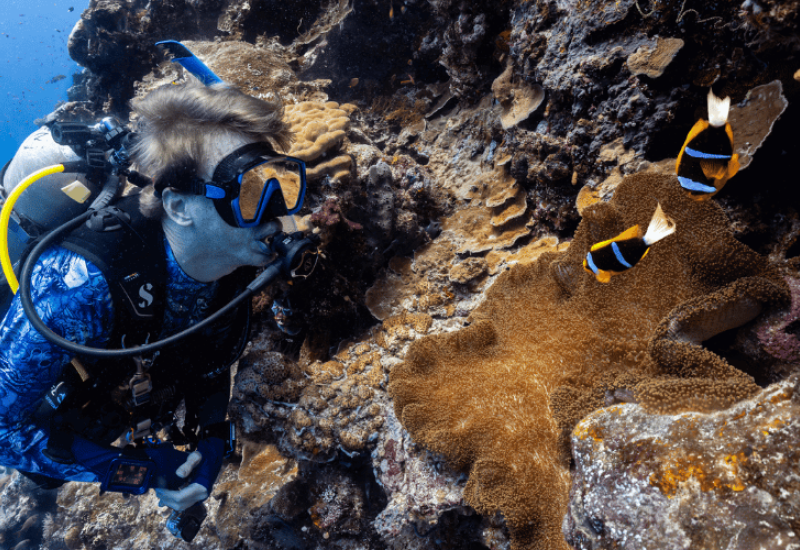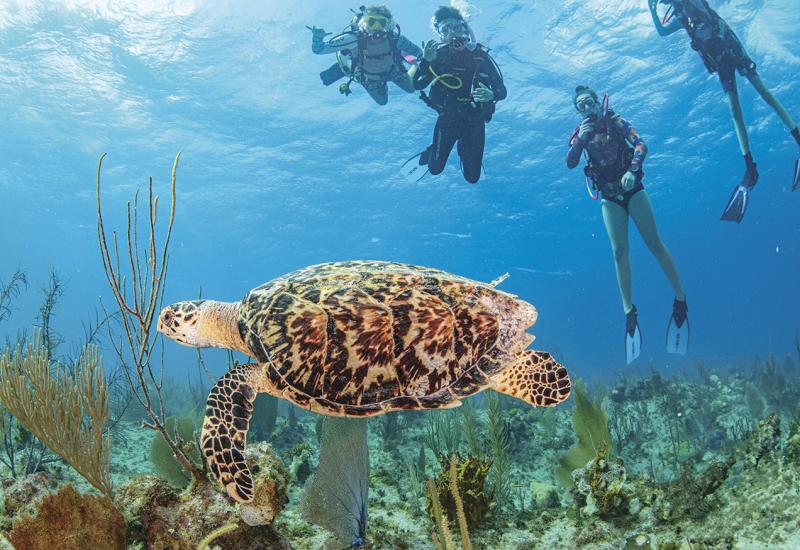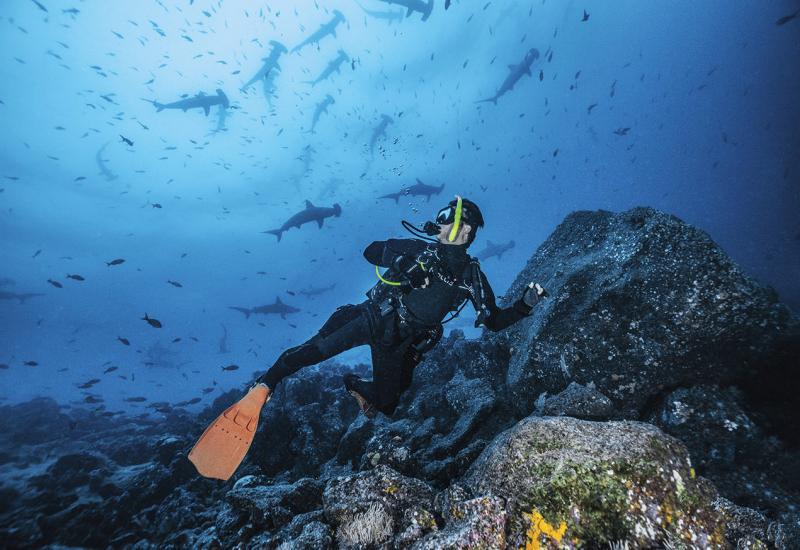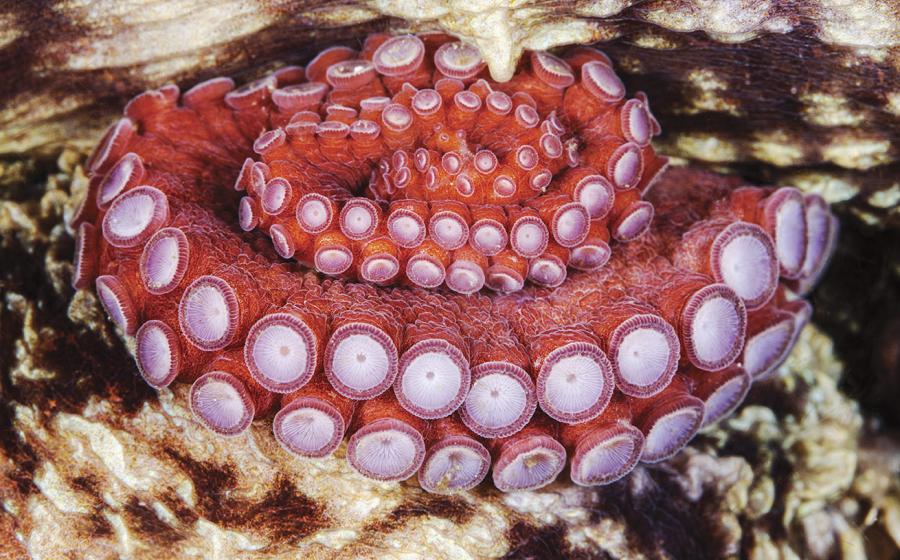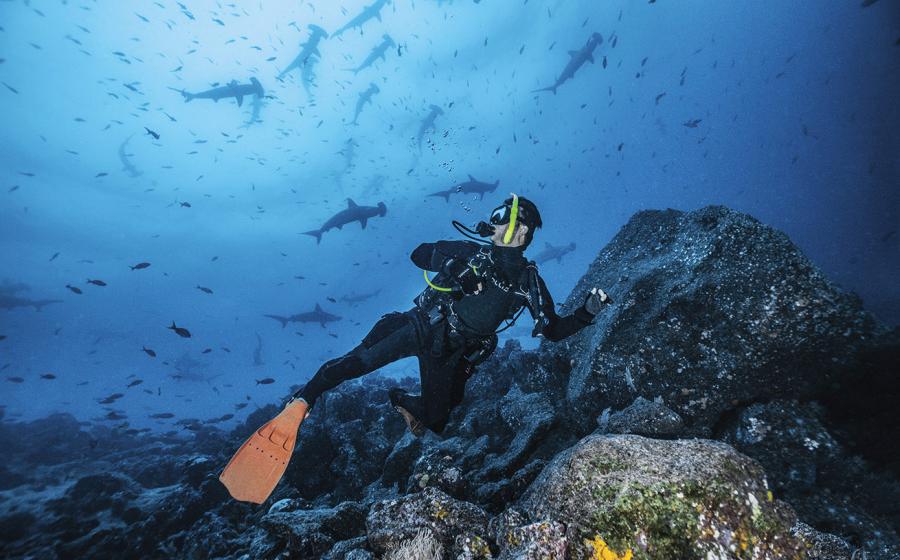ASK DAN: What Do I Need to Know About Immersion Pulmonary Edema?
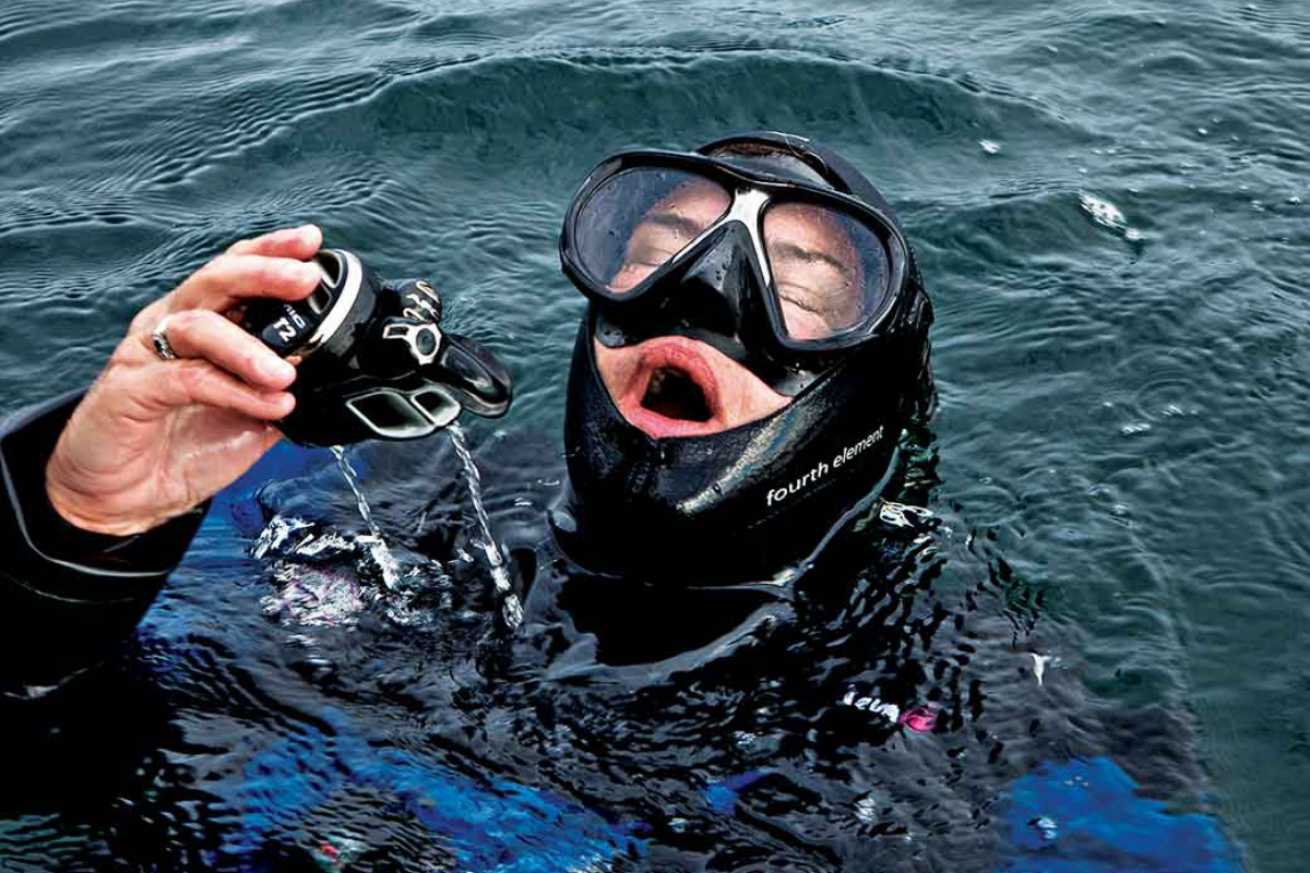
Courtesy of DANWhile research is being done to assess the role of various factors, there is currently no way to predict susceptibility to IPE.
Pulmonary edema is an abnormal leakage of fluid from the bloodstream into the alveoli—the microscopic air sacs in the lungs. It is most often the result of heart failure or other cardiac problems. Sometimes, however, pulmonary edema is observed in swimmers and divers when no underlying medical cause is apparent.
This condition is called immersion pulmonary edema (IPE), and presents as a rapid onset of shortness of breath, cough, and sometimes blood-tinged, frothy sputum. Extreme fatigue and a sensation of “wet” lungs are also common.
Because the fluid builds up in the air-containing spaces of the lungs and interrupts gas exchange, IPE resembles drowning. The important difference is that the obstructing fluid comes from within the body rather than from inhalation of surrounding water.
Divers Alert Network receives a few calls each month in which divers report symptoms that suggest IPE.
Although IPE often resolves quickly once a diver has exited the water, respiratory distress in the diving environment can be extremely dangerous. IPE is also known as swimming-induced pulmonary edema (SIPE) and is not depth-dependent, meaning it can occur with any immersion.
During immersion, blood is rerouted from the body’s extremities to the core, resulting in increased blood volume in the thorax and thus increased pressure in the pulmonary blood vessels.
Development of IPE may be from this effect along with a multitude of other contributing factors including cold water, excess hydration, uncontrolled hypertension, heavy exertion and high breathing resistance (particularly on inhalation). It is important to note that not all these factors must be present for a case to develop. IPE has been reported in warm water and with immersed activity of varying exertion.
Anyone who experiences sudden shortness of breath or persistent cough while diving should abort the dive in as safe a manner as possible and breathe 100 percent oxygen on the surface.
Given the possible severity of the condition, or the possibility of other serious conditions presenting with similar symptoms, it is recommended that the diver seek medical attention. Further diving should be postponed until a physician is consulted.
While research is being done to assess the role of various factors, there is currently no way to predict susceptibility to IPE. Mild symptoms of IPE may be initially discounted, delaying appropriate intervention. It is important for divers to be familiar with the condition so symptoms can be recognized and appropriate action taken.
The incidence of IPE among recreational divers diving in comfortable conditions is rather low, and screening all divers would be impractical. Divers with known history of IPE are already proven susceptible and do not need to be tested. However, the incidence of IPE is much higher among navy trainees and triathletes, and screening may be justified for these groups.
One common problem is excess hydration coupled with rapid onset of heavy swimming exercise on the surface. Military divers are instructed to avoid over-hydration before high-energy swimming. Divers should ensure normal regulator function, and some experts recommend avoiding regulators that allow breathing resistance to be increased.
Whether or not a diver should return to diving after an episode of IPE should be determined on a case-by-case basis. The decision should be based on the physical condition of the diver, any history of hypertension or cardiovascular disease, and the type of diving. Obviously, shallow warm-water diving in a young, healthy diver who suffered a mild case of IPE is less concerning than a middle-age diver with multiple medical problems who wants to return to cold-water diving after a severe episode of IPE that required hospitalization. A person who experiences recurrent episodes of IPE should probably refrain from diving again in the future.
For more information, visit dan.org


